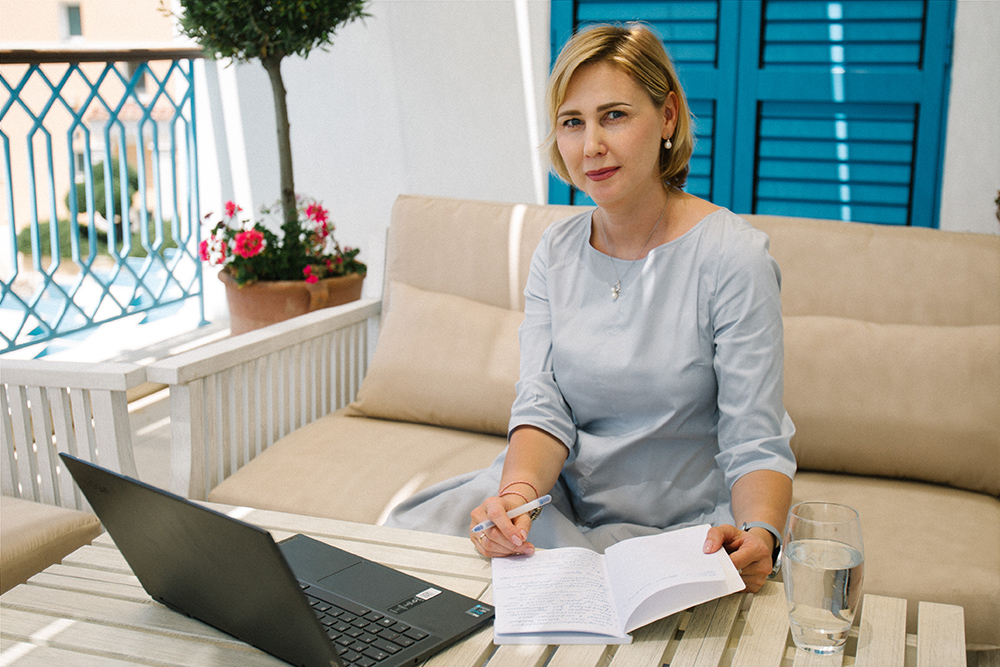
Parenting Strategies for families with ADHD children
Attention-Deficit Hyperactivity Disorder (ADHD) in children can have a significant impact on family life. Here are some ways in which ADHD can affect family dynamics:
- Challenges with Routine: Children with ADHD often struggle with maintaining routines and schedules. These situations can lead to difficulties in completing daily tasks, such as getting ready for school, doing homework, or bedtime routines, which can create stress within the family.
- Behavioural Challenges: ADHD symptoms like impulsivity, hyperactivity, and inattention can manifest as challenging behaviours at home. These behaviours may include difficulty following rules, temper tantrums, defiance, and difficulty with social interactions, which can strain family relationships.
- Parental Stress: Managing a child with ADHD can be demanding and stressful for parents. Constantly supervising and redirecting behaviour, helping with schoolwork, attending sessions, and managing appointments can be overwhelming, increasing stress levels.
- Sibling Dynamics: Siblings of a child with ADHD may feel neglected or jealous of the attention their sibling receives. They may also witness challenging behaviours from their sibling, leading to conflict and tension within the family.
- Financial Strain: Treatment for ADHD, including therapy, medication, and educational support, can be costly. Families may face financial strain due to these expenses, especially if they do not have adequate insurance coverage.
- Emotional Impact: Families of children with ADHD may experience feelings of guilt, frustration, and helplessness. Parents may blame themselves for their child’s difficulties or feel overwhelmed by their constant challenges.
- Social Isolation: Families of children with ADHD may experience social isolation due to the stigma associated with the disorder. Parents may feel judged or misunderstood by others, leading to loneliness and isolation.
- Parent-Child Relationship: Parenting a child with ADHD can strain the parent-child relationship. Parents may struggle with balancing discipline and support, leading to feelings of inadequacy or frustration.
- Educational Challenges: Children with ADHD may face difficulties in school, such as poor academic performance, behavioural issues, and social challenges. These issues can lead to additional stress for parents and impact family dynamics.
- Positive Aspects: Despite the challenges, families can also experience growth and resilience while managing ADHD. Building stronger communication skills, problem-solving abilities, and empathy can help families navigate the difficulties associated with ADHD more effectively.
Coaching Parents helps them create effective strategies for managing their children, emphasizing their strengths, and coping with challenges. By implementing a functional system to support the child on their learning journey and creating positive relationships, you can make your home a harmonious and stable environment for your children’s growth and development.
What do we offer?
We offer parents training to create a systematic approach to their child’s development and balanced life. Specialized parenting training to help parents better understand their child’s needs and develop their self-management skills can make a significant difference in creating a supportive and nurturing environment at home. Teaching parents how to interact with a child with ADHD competently and providing strategies to develop effective support systems can empower families to navigate the challenges associated with ADHD more effectively.
By equipping parents with the knowledge and skills to understand ADHD behaviours, manage symptoms, set up routines, and implement positive reinforcement techniques, you can help families improve communication, build stronger relationships, and create a structured and supportive environment for their child with ADHD. Additionally, teaching parents the importance of consistency, patience, and empathy in their interactions with their children can foster a more positive and understanding family dynamic.
Our specialized parenting training can be crucial in empowering parents to effectively support their child with ADHD, enhance their parenting skills, and promote their child’s overall well-being and development.
What do you get?
After completing a course for parents, you will get a range of valuable knowledge, skills and resources:
- Increase understanding of ADHD, including its symptoms, causes and how it impacts their child’s behaviour and everyday life.
- Parents will be equipped with tools and strategies to create a supportive and structured home environment.
- Parents will learn practical strategies and techniques for managing ADHD-related behaviours, setting routines, and promoting positive behaviours.
- Training can empower parents to advocate for their child’s needs at school, with healthcare providers, and in the community.
- By implementing strategies learned in training, parents can improve family relationships, foster a more harmonious environment, and enhance the overall well-being of the entire family.
Get rates and book appointment
Explore our rates and take the next step toward a more harmonious family life by booking your session now!
Training Modules. What to expect?
The training modules are structured as a general journey suitable for everyone. However, since we are all unique, this list serves as a set of options to customize and build your own course.
Module 1: Getting to know your child’s ADHD
- Strengths and weaknesses.
- Typical issues.
Module 2. Creating a motivational environment
- Study space.
- Visual distractions.
- Toys and excessive energy control tools.
- Overstimulation.
Module 3. Time-management
- Establishing routines.
- Setting strict rules.
- Implementing new habits.
- Developing discipline.
- “Pomodoro” method.
Module 3. Gamification
- Reward system.
- Use devices wisely.
- ADHD-friendly Apps.
- Positive attitude and enjoyment.
Module 4. Education process organization
- Workload control system.
- Reminders.
- Long-term assignment solutions.
- Paperwork system.
- Calendars.
Module 5. Executive Functioning skills development
- Planning and Organization.
- Working Memory.
- Inhibitory Control.
- Cognitive Flexibility.
- Attention Control.
- Task Initiation.
- Self-monitoring.
- Problem solving.
- Time management.
- Emotional Regulation.
- Goal-directed Persistence.
Module 6 . Motivation and Focus
- Sleep Deprivation.
- Eating Habits.
- Physical Activity.
- Positive reinforcement.
- Interest and passion.
Module 7. Procrastination
- Reasons for procrastination.
- Anxiety.
- Perfectionism.
- Task paralysis.
- Solutions.
Module 8. Device management
- Device impact on attention span and focus.
- Device addiction.
- Clear rules.
- Punishments and Rewards.
- Alternative solutions.
Module 9. Engagement
- Role Modeling.
- Same rules for everyone.
- Family Support.
- Specialist Support.
Module 10. Actual Plan
- Establish a structured plan.
- Get everyone involved.
- Analyze your Results.
- Reset Plan.
- Setting New Goals.

Transform Your Family Life with Expert ADHD Parenting Strategies
Discover how to create structure, build stronger relationships, and support your child with ADHD effectively. Equip yourself with the tools and techniques to manage challenges, foster positive behaviours, and advocate for your child’s success.
And start your simply sorted life right now!
